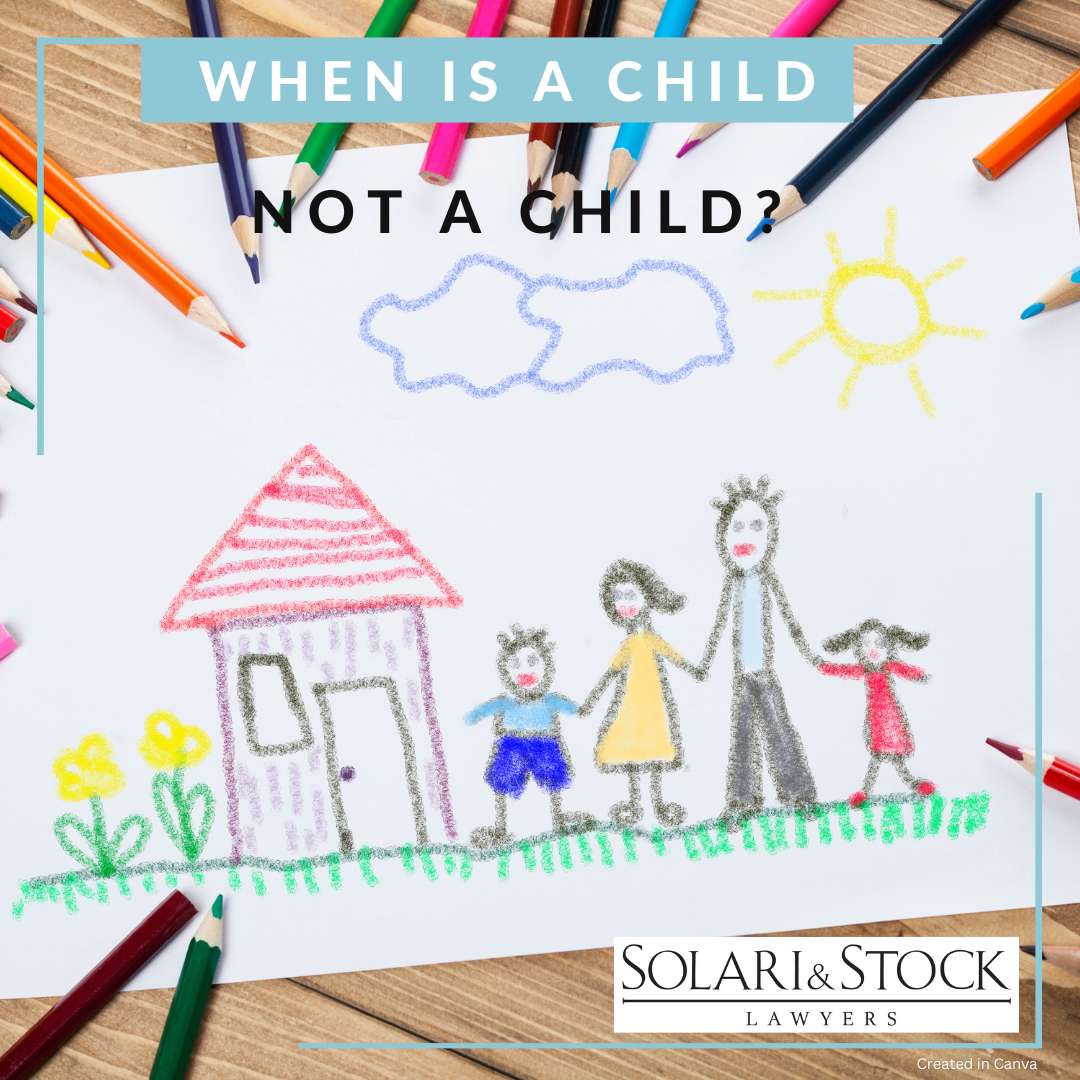17 Nov When Is a Child Not a “Child”? – the case of Olive Deane Pepper (deceased)

Most people think children are children, but what happens when the legal definition doesn’t necessarily align with what the Will-maker thought or believed?
A recent decision of the Supreme Court of South Australia has shed light on what exactly does a will-maker mean when they refer to “my children”? The case In the Estate of Olive Deane Pepper (deceased) [2025] SASC 103 (Hughes J), highlights the importance of careful drafting and the challenges that can emerge when family circumstances are complex.
Olive Pepper’s Will appointed “my children Alan, Brian and Debra” as executors and trustees. She left her jewellery to “my said daughter Deborah (sic),” and the residue of her estate was left on trust “for the benefit of such of my children and their issue as survive me.”
On its face, the Will appears clear and free from ambiguity; the three children were identified by name, and those individuals were to take on both responsibilities and entitlements.
However, Olive’s family story contained an additional chapter. Shortly before her death, Olive enjoyed a renewed and close relationship with her fourth child, Janette, whom she had given birth to decades earlier. Janette had been adopted out at about six months of age and, as a result of that adoption, was no longer considered Olive’s child for legal purposes at the time of Olive’s death. This raised the question: despite the legal effect of adoption, did the phrase “my children” in Olive’s Will extend to Janette?
The executors sought judicial advice prior to any distribution. If Janette was included in the gift to “my children,” she would be entitled to share in the residuary estate. If not, only the three named children would benefit. Janette argued that the ordinary meaning of “my children” should apply; namely, that Olive intended to refer to her biological children, including Janette. She pointed to the strong emotional connection she and Olive had re-established in later years and argued that Olive would not have intended to exclude her.
The Court approached the issue by examining the Will as a whole and considering the surrounding circumstances. His Honour Justice Hughes noted that Olive had expressly identified “my children” in the opening clause of her Will: Alan, Brian and Debra. This explicit naming strongly indicated that Olive was defining the class of beneficiaries herself, rather than relying on a general biological meaning.
The Court also considered the context in which Olive’s Will had been made. Olive and her late husband had executed mirror wills. His Will used the same term, “my children”, yet Janette was not his biological child. Because Olive did not update her Will after her husband’s death or after reconnecting with Janette, the Court found no basis to broaden the meaning of “my children” beyond the three named individuals.
Ultimately, the Court concluded that Janette was not included in the class of “my children” for the purposes of Olive’s Will.
The case is a timely reminder of how nuanced estate planning can be, particularly where families are blended, adoptive, or estranged. Clear instructions and regular updates are essential to ensure a person’s wishes are carried out, and to prevent disputes at what is already a difficult time for those left behind.
If you have questions about your existing Will or would like create one, contact Solari and Stock and speak with one of our Sutherland Shire Estate Planning Team on 8525 2700, alternatively click here to request an appointment, or use the Book Now button below. Our Estate Planning Team includes Rebecca Exley, Michael Solari, Nicole Commandeur and Valentina Abouzeid.
Article by Rebecca Exley
Image created in Canva.